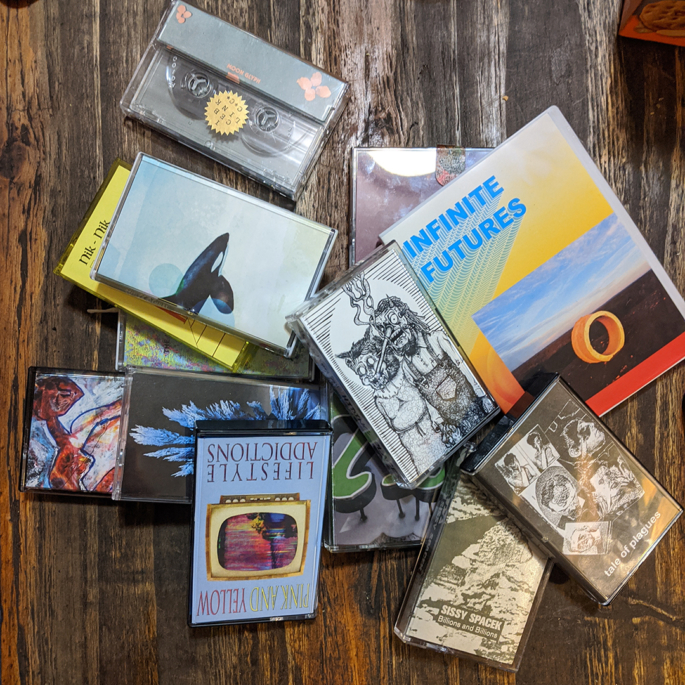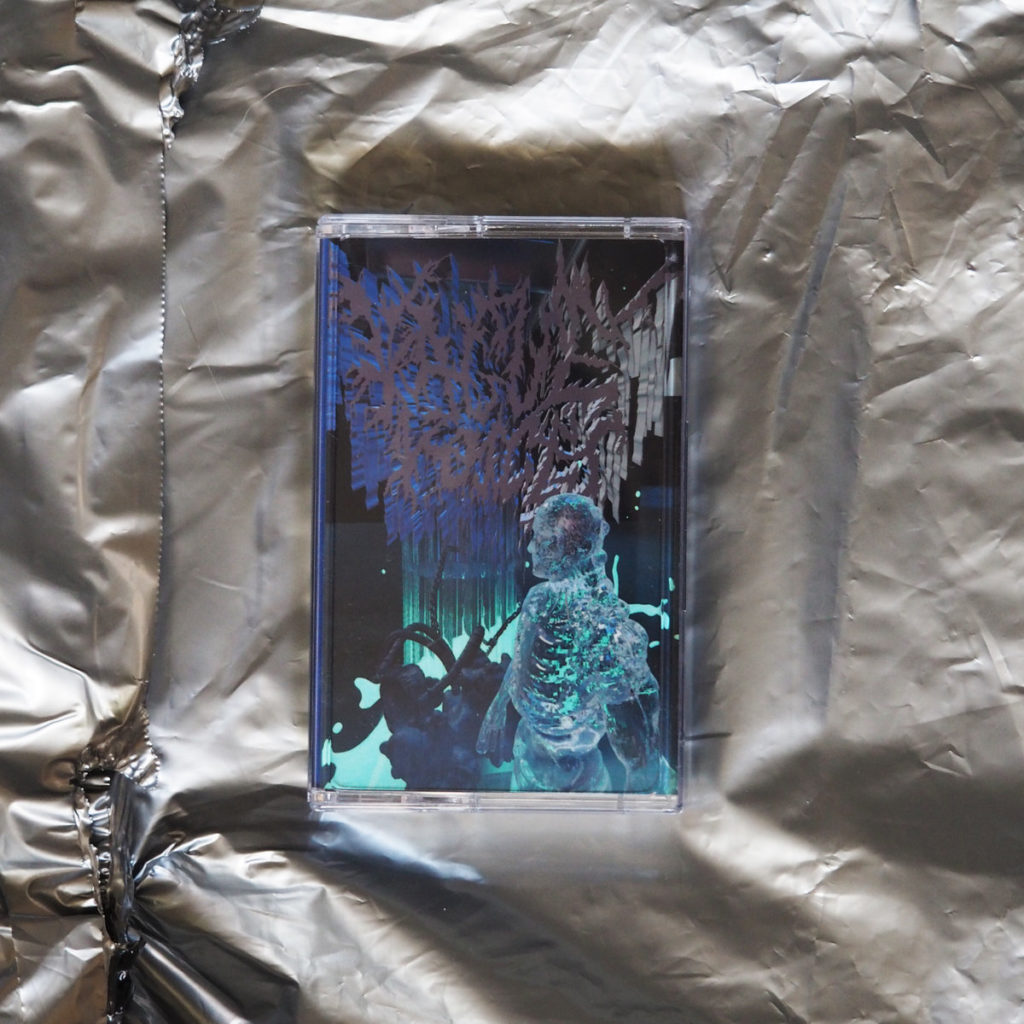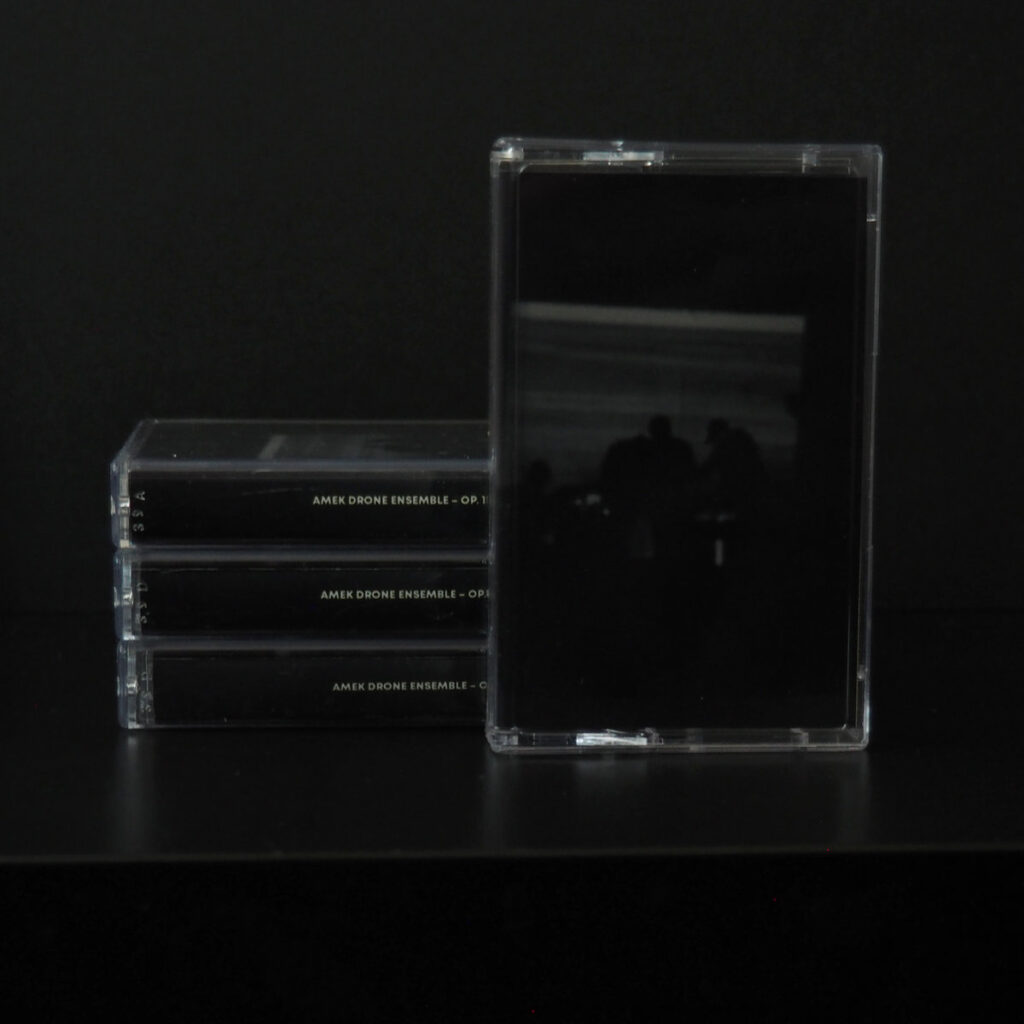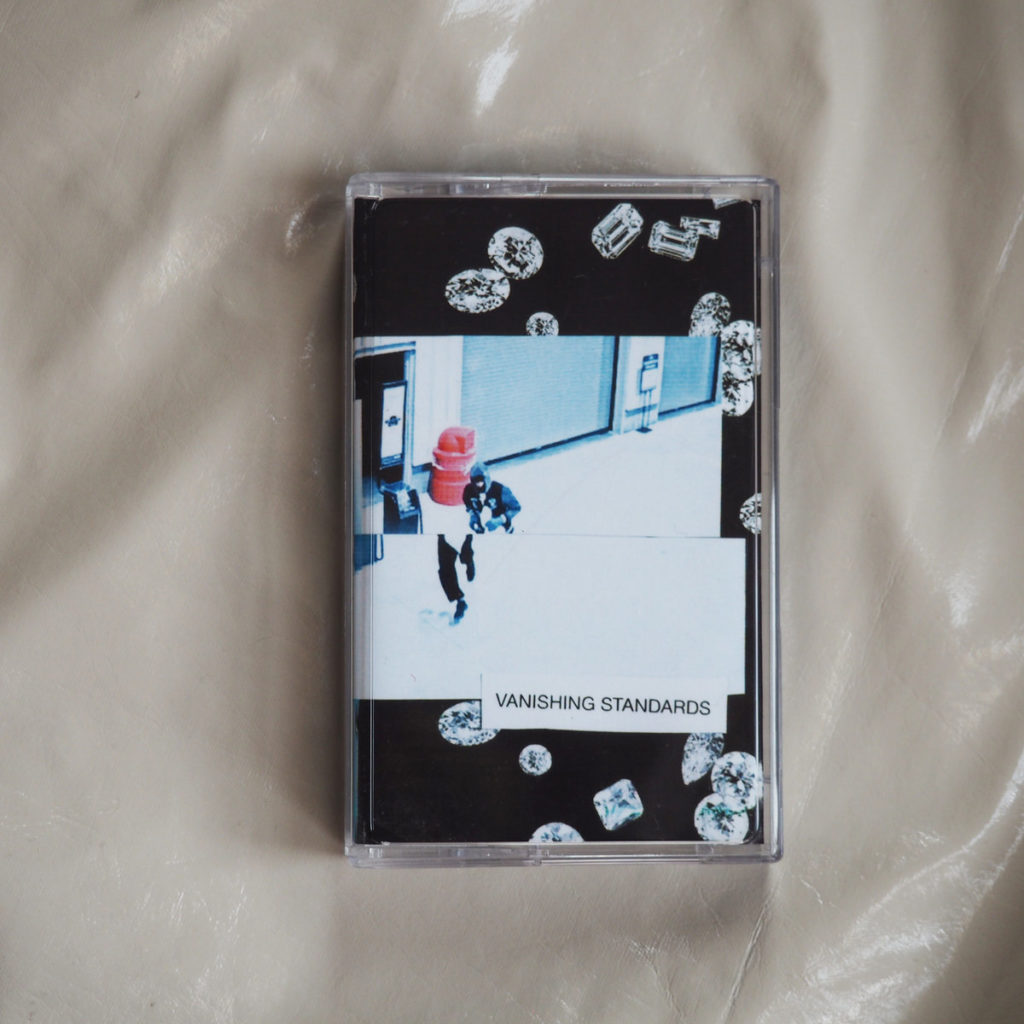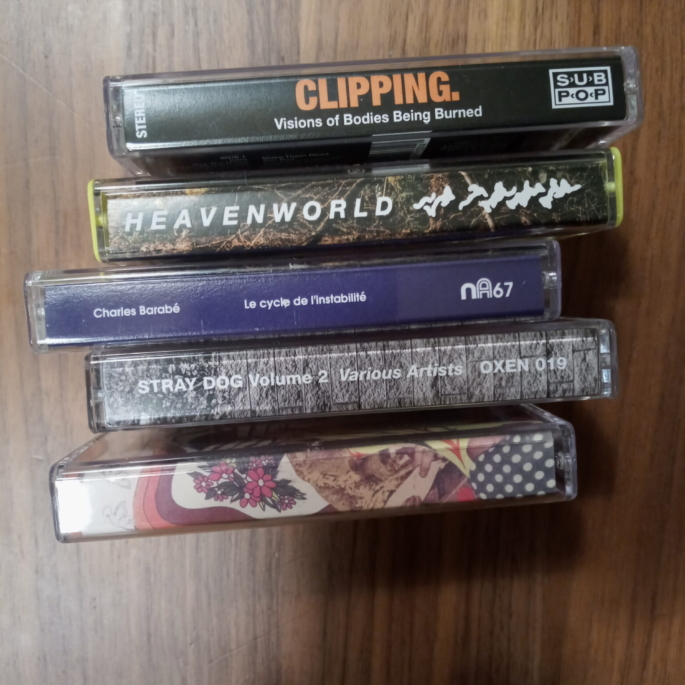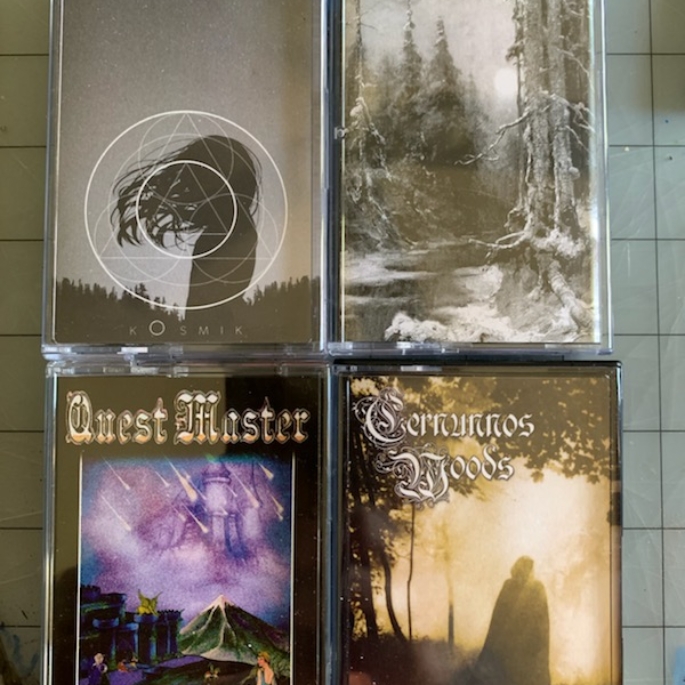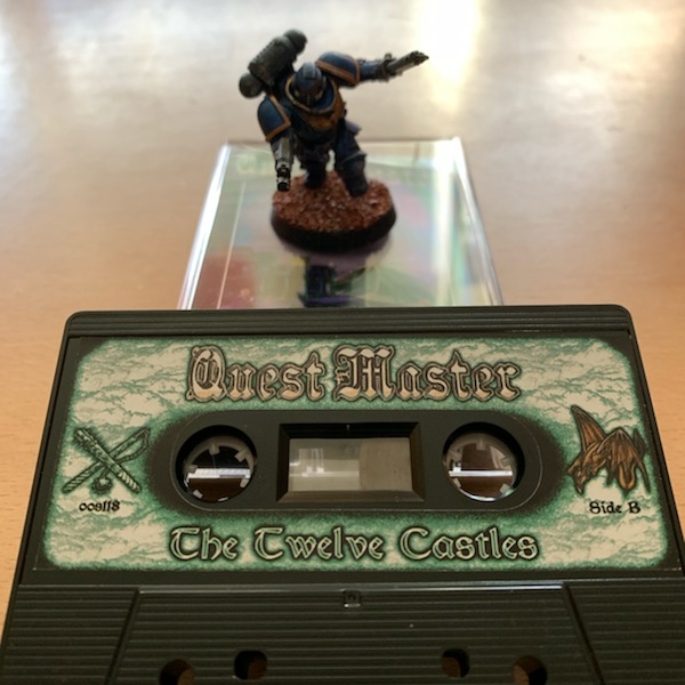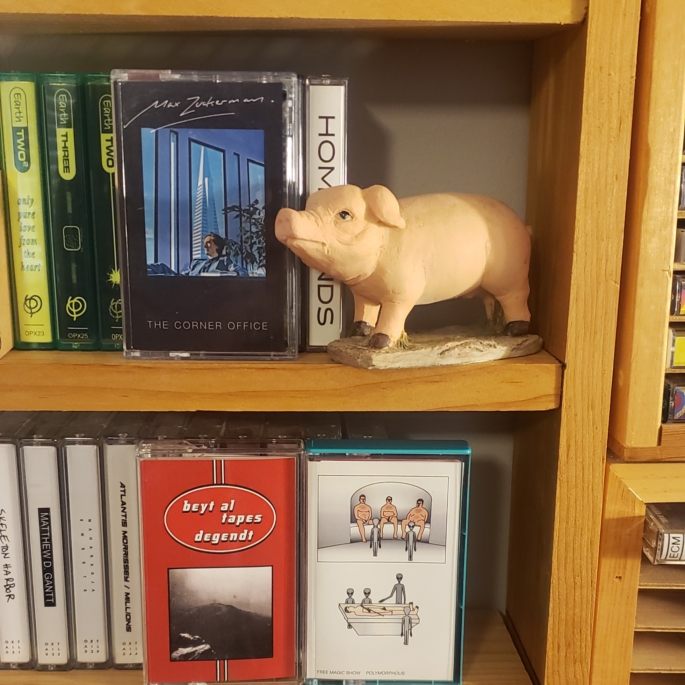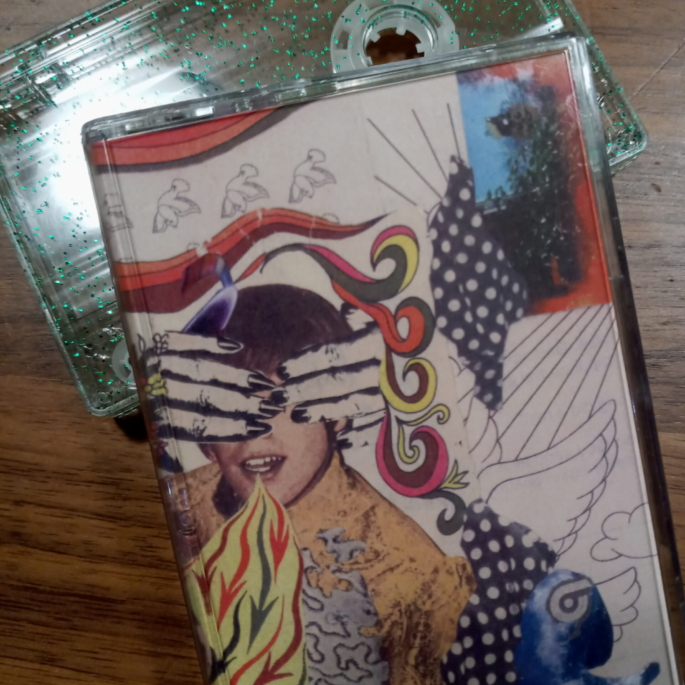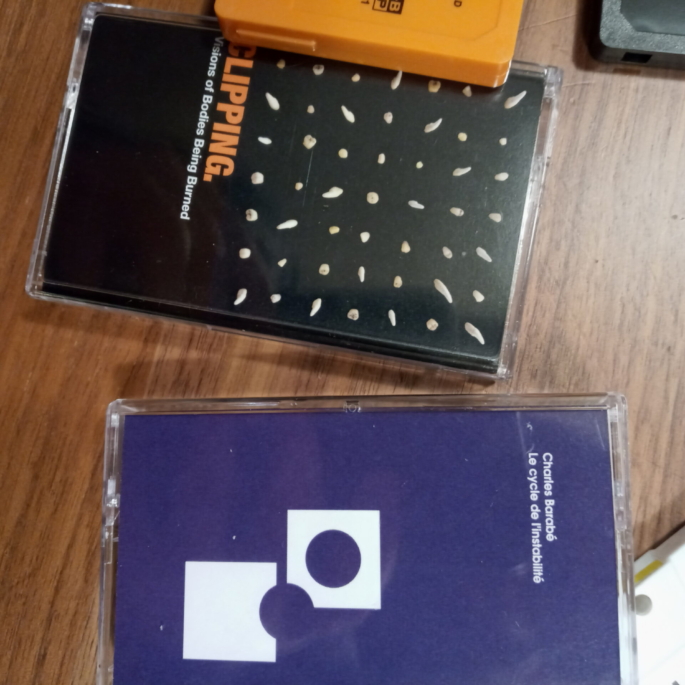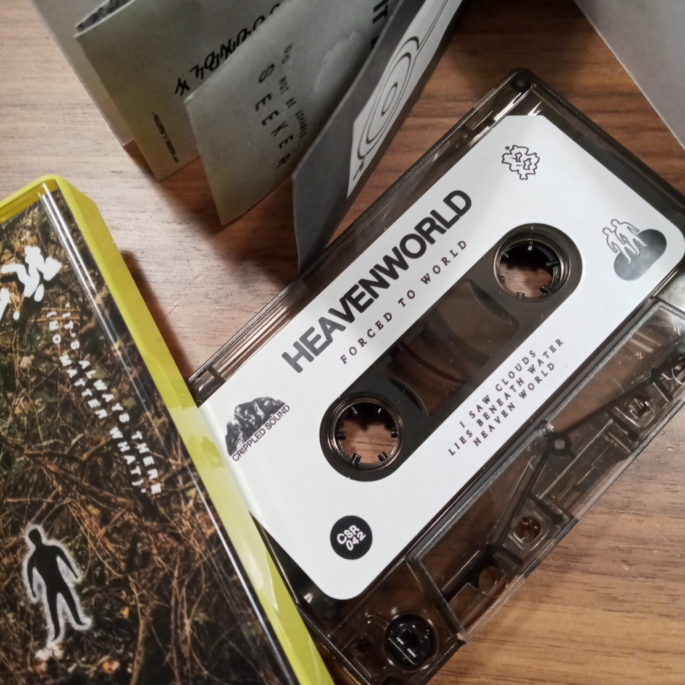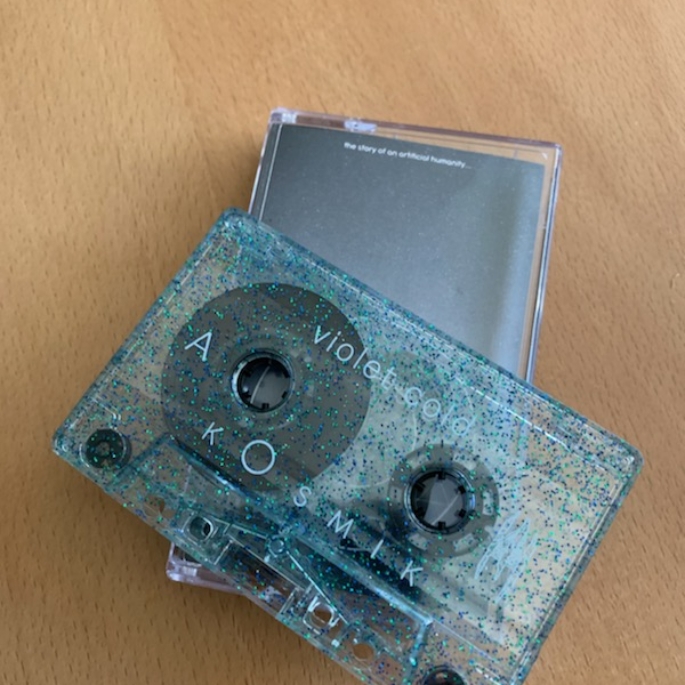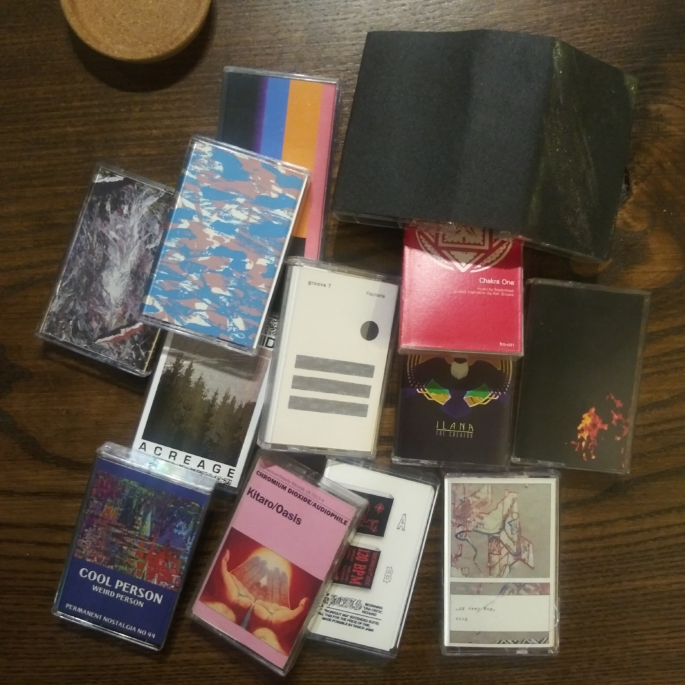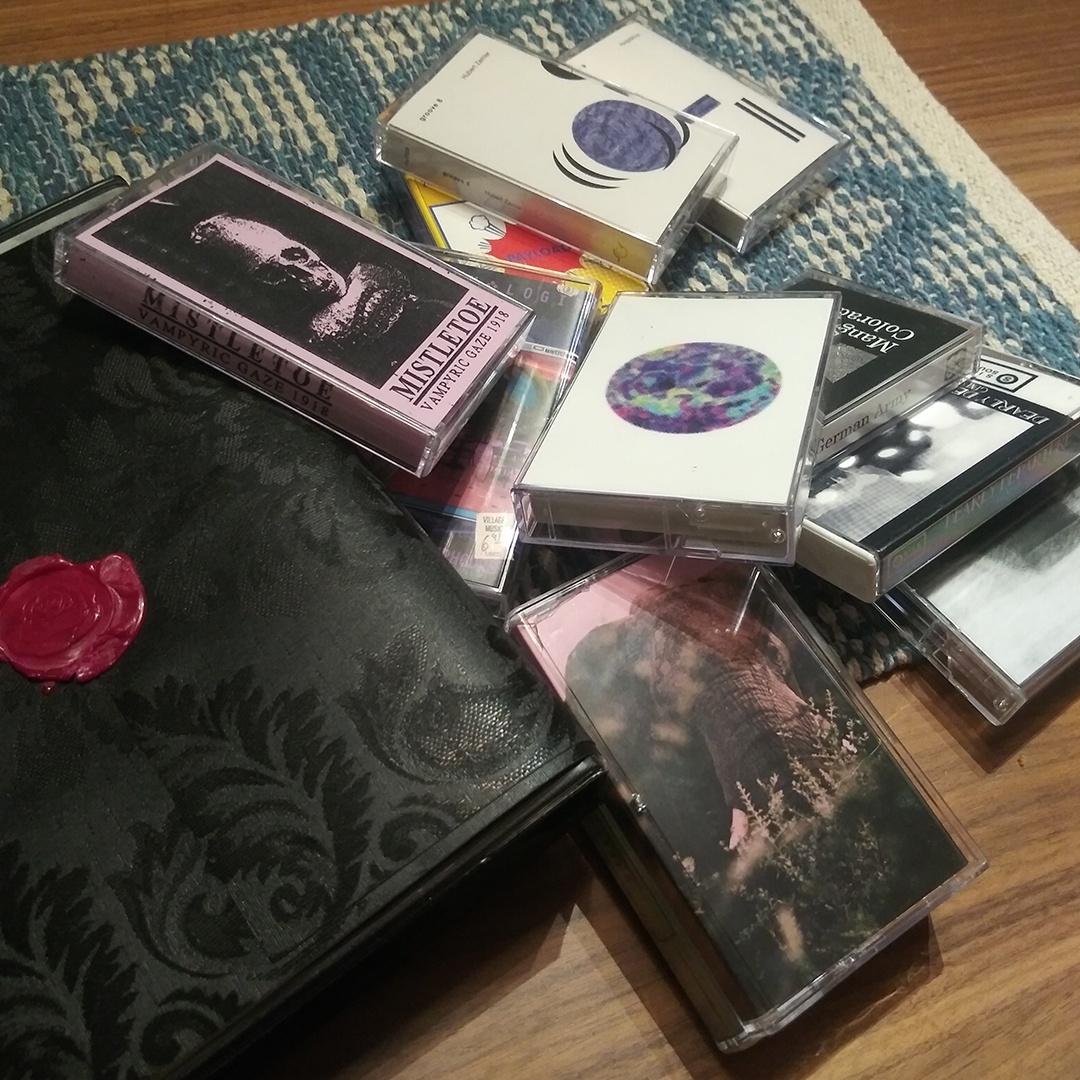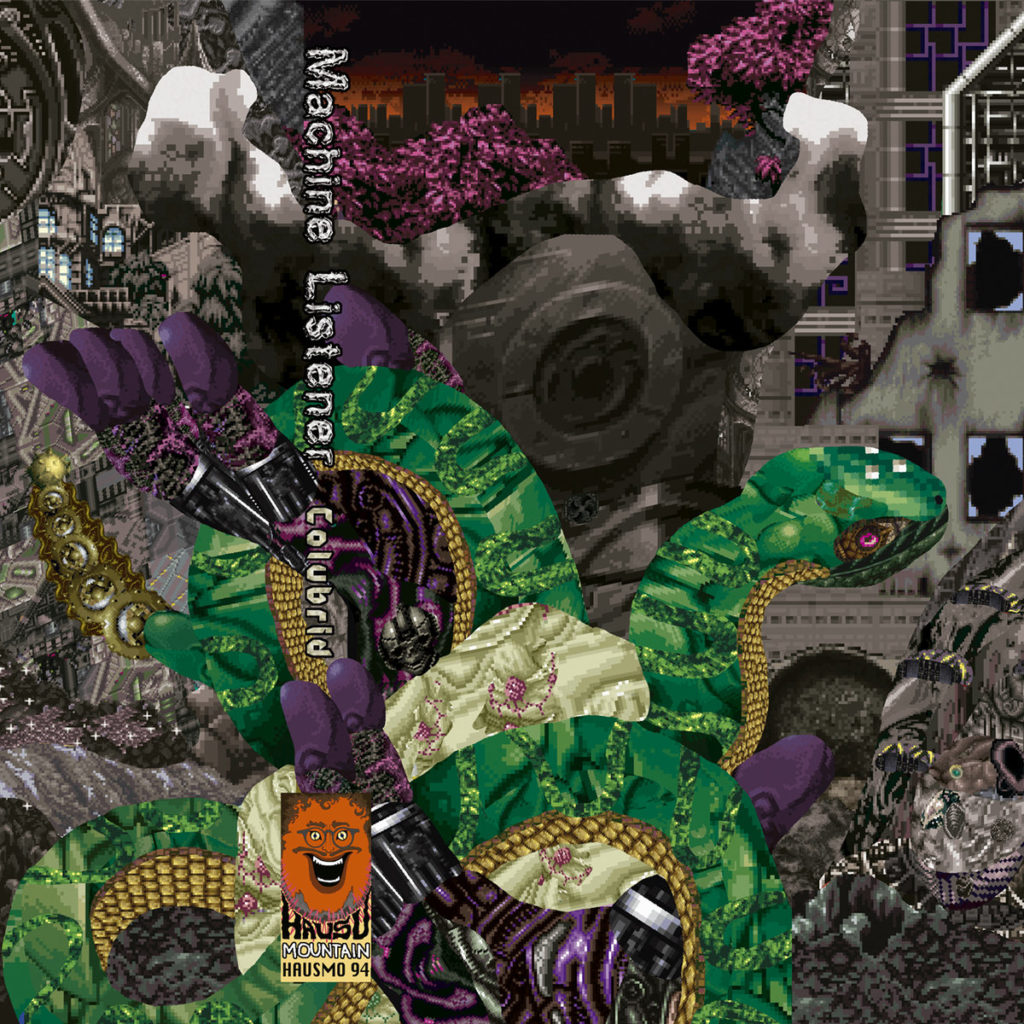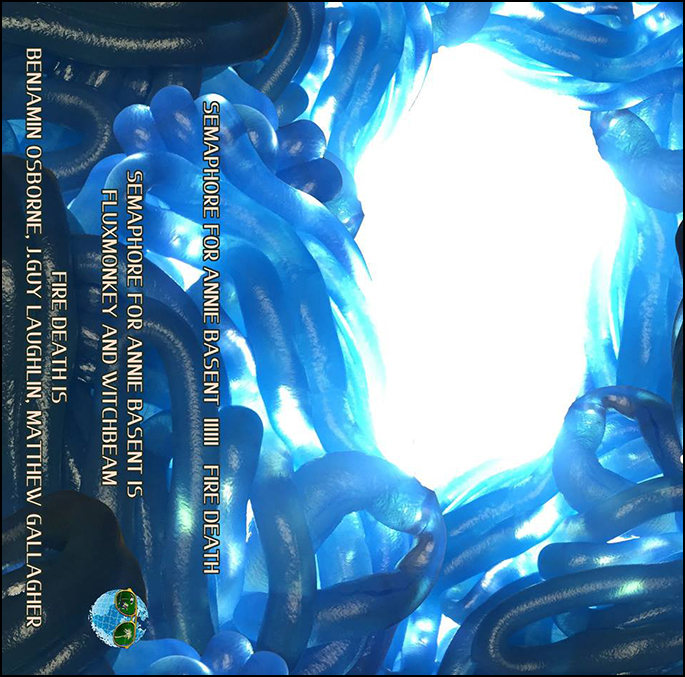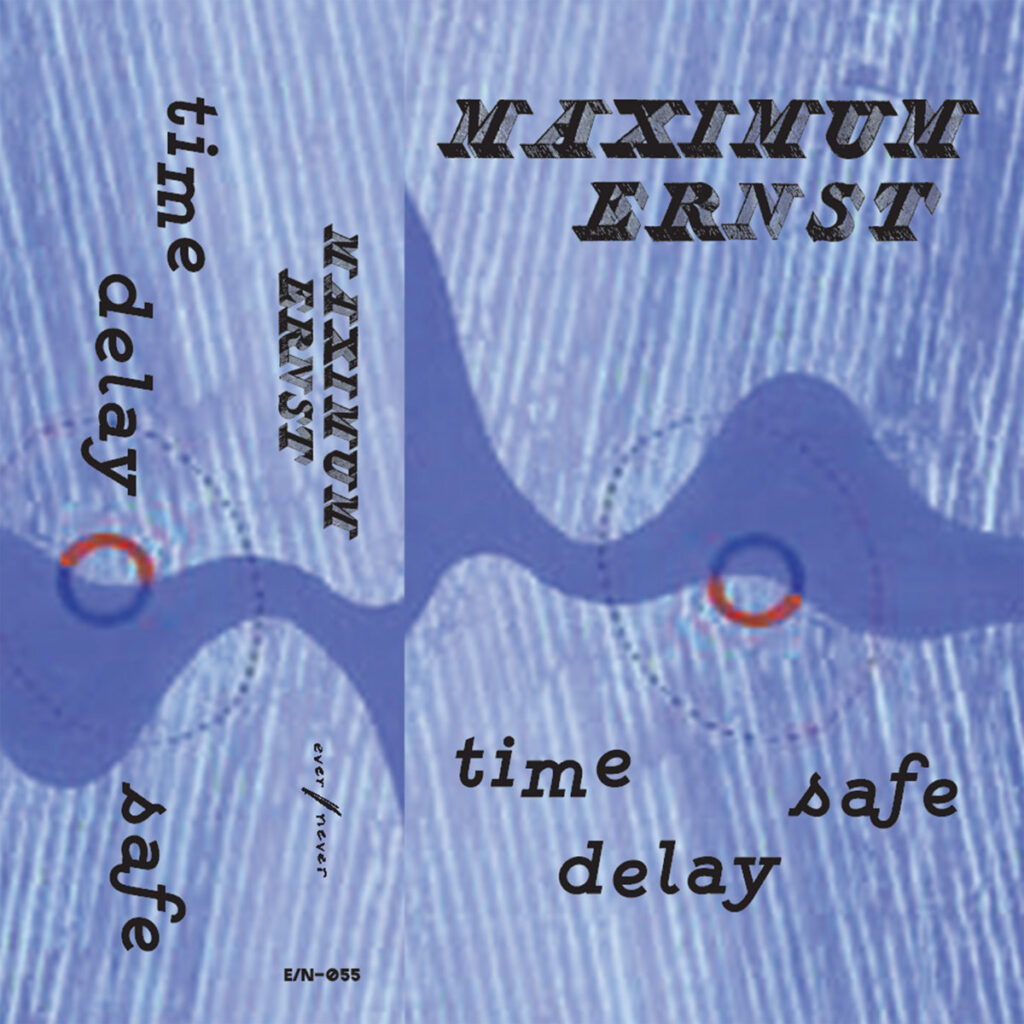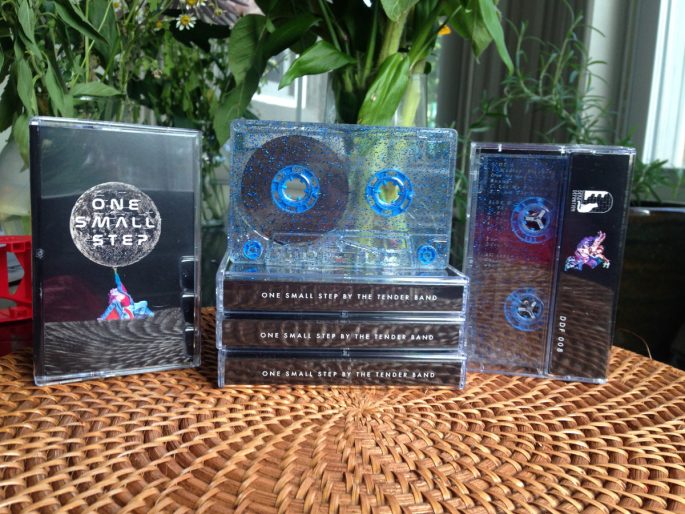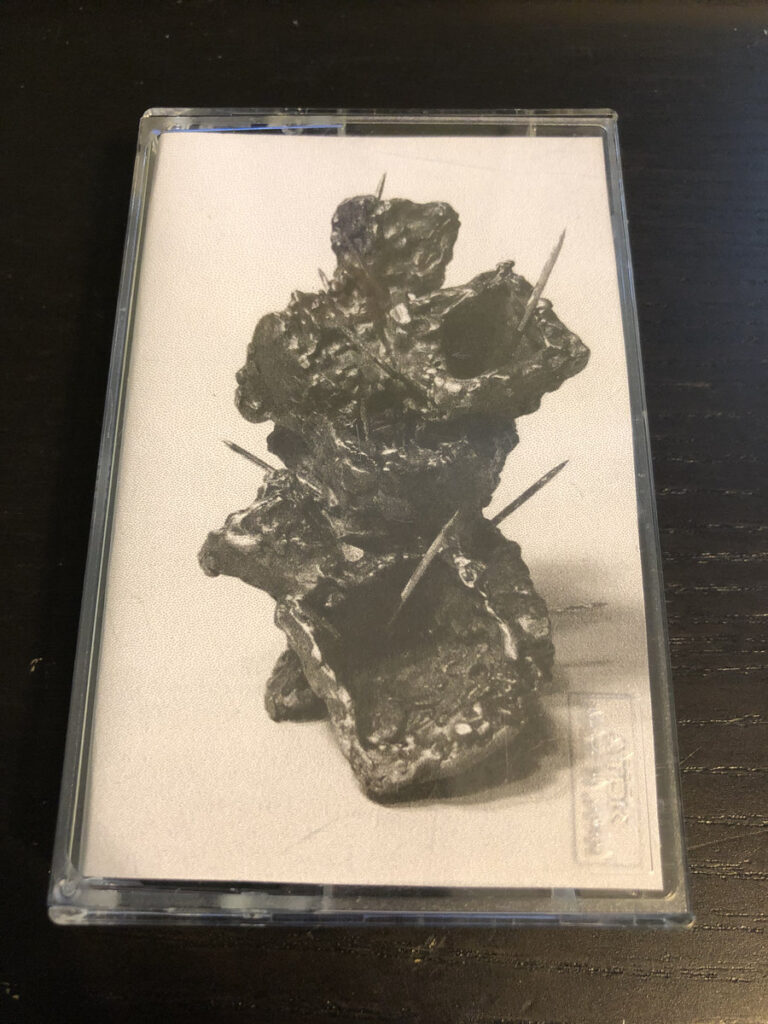12.1.20 by Ryan Masteller

It’s not what you think. Well, it might be, but it wasn’t what I thought, and mine’s the important perspective. Well, it might not be, especially if you ended up getting it right the first time. What I’m trying – and failing – to communicate is that LCM’s “Signal Quest” on Orange Milk is NOT the most Orange Milkiest of releases, so if you were expecting a hundred robots humping MIDI patches in a far-future sci-fi environment, you’re going to be disappointed. I, on the other hand, am not disappointed by anything, so this left-turn release for the label is just par for the course for these relaxed and welcoming ears. You can’t phase me with nothin’.
Here’s where I tell you about “Signal Quest” and the minds behind it. LCM stands for “Lynn” (Avery), “Cole” (Pulice), and “Mitch” (Stahlmann), a Minneapolis/Oakland collective specializing in, like, WAY forward-thinking soundtracky material that’d go perfect with JRPGs – RPGs originating in Japan. I had to look that up because I’m a dummy who doesn’t play a ton of video games (besides “Mariokart”), and it turns out that “The Legend of Zelda” is considered a JRPG! “Breath of the Wild” is like the best game ever. But beyond all that, LCM endeavored to create within a sonic landscape their own interpretation of a JRPG, whose sound design, lacking visuals, would still feel like a livable, inhabitable space, a tactile representation of an imagined world through sound. “Signal Quest” succeeds in the nerdiest of ways: by “focus[ing] on playable networks structured in hardware, software, and electro-acoustic processing … intended to connect, record, and react as an organism.” Like I said: nerds!
I also said “succeed,” and boy howdy, listen to this thing. You want to get lost in some fantasy world where you’re surrounded by gorgeous environmental music, and you can’t tell what the heck made any of it? Head on into “Signal Quest” for that exact scenario. Within it you’ll be subjected to the slow burn of interstellar travel (think relativity!) as you head from one destination to another, the importance of your experience slowly growing on you as you begin to understand what turns out to be your mission. LCM is there with you the whole time, describing in their compositions the weight of your destiny, backing you up with utterly relevant theme music as you contemplate the future, and dissipating with you into starstuff as you … uh … win? Whatever. By the time “Palace of Chimes” stretches into its sixteenth minute you’ll have become one with whatever universe it is that you inhabit, the celestial tones enveloping you and whisking you away to some sort of regeneration chamber after uncovering the secrets of the galaxy. You ALWAYS end up regenerating.
Don’t be stupid. Get one of these from Orange Milk, like, NOW.
Related Links

